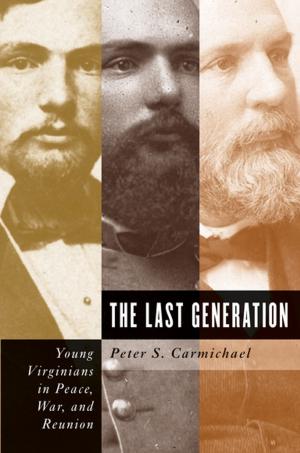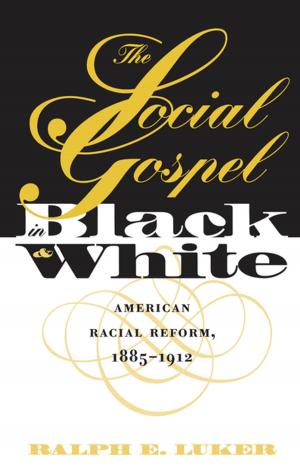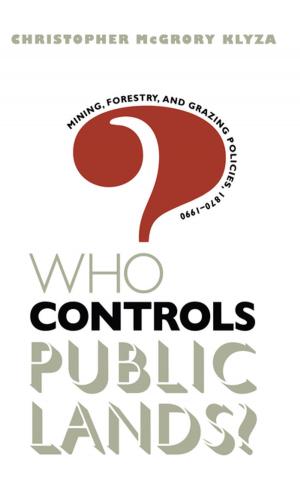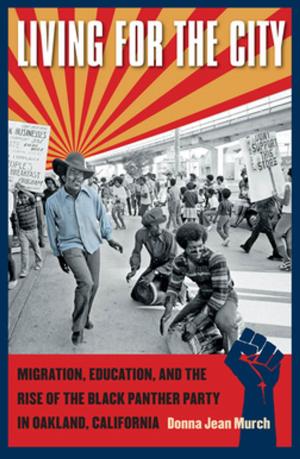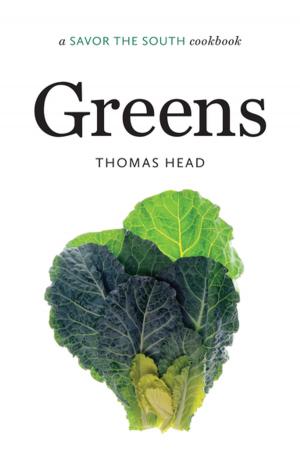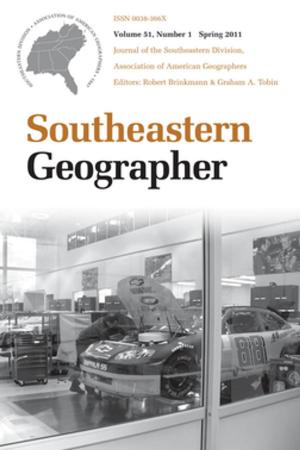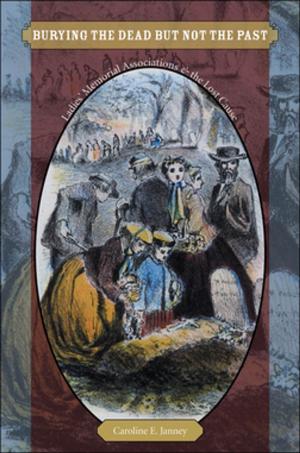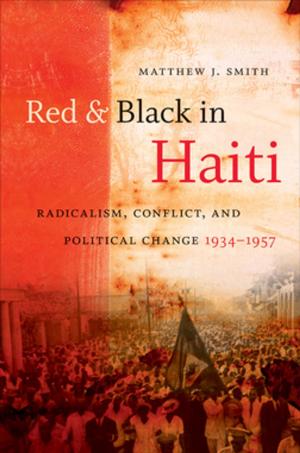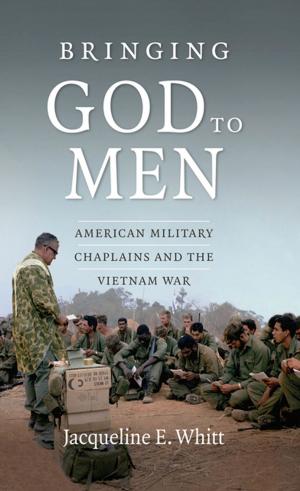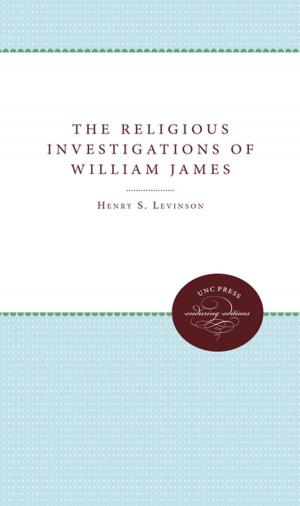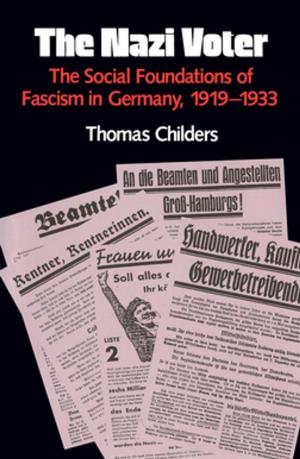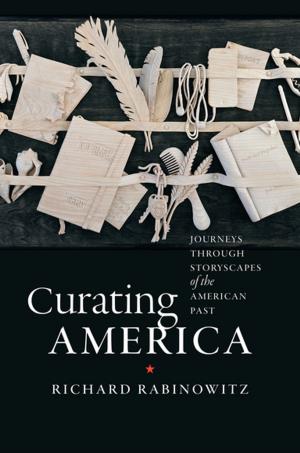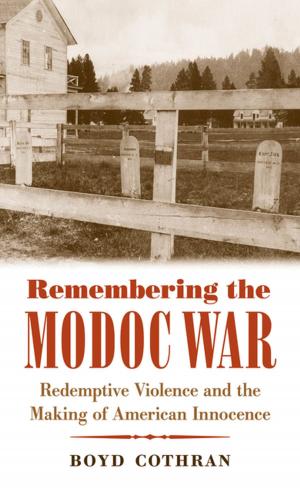Good Guys with Guns
The Appeal and Consequences of Concealed Carry
Nonfiction, Social & Cultural Studies, Social Science, Discrimination & Race Relations, Gender Studies, Sociology| Author: | Angela Stroud | ISBN: | 9781469627908 |
| Publisher: | The University of North Carolina Press | Publication: | June 1, 2016 |
| Imprint: | The University of North Carolina Press | Language: | English |
| Author: | Angela Stroud |
| ISBN: | 9781469627908 |
| Publisher: | The University of North Carolina Press |
| Publication: | June 1, 2016 |
| Imprint: | The University of North Carolina Press |
| Language: | English |
Although the rate of gun ownership in U.S. households has declined from an estimated 50 percent in 1970 to approximately 32 percent today, Americans' propensity for carrying concealed firearms has risen sharply in recent years. Today, more than 11 million Americans hold concealed handgun licenses, an increase from 4.5 million in 2007. Yet, despite increasing numbers of firearms and expanding opportunities for gun owners to carry concealed firearms in public places, we know little about the reasons for obtaining a concealed carry permit or what a publicly armed citizenry means for society. Angela Stroud draws on in-depth interviews with permit holders and on field observations at licensing courses to understand how social and cultural factors shape the practice of obtaining a permit to carry a concealed firearm. Stroud's subjects usually first insist that a gun is simply a tool for protection, but she shows how much more the license represents: possessing a concealed firearm is a practice shaped by race, class, gender, and cultural definitions that separate "good guys" from those who represent threats.
Stroud's work goes beyond the existing literature on guns in American culture, most of which concentrates on the effects of the gun lobby on public policy and perception. Focusing on how respondents view the world around them, this book demonstrates that the value gun owners place on their firearms is an expression of their sense of self and how they see their social environment.
Although the rate of gun ownership in U.S. households has declined from an estimated 50 percent in 1970 to approximately 32 percent today, Americans' propensity for carrying concealed firearms has risen sharply in recent years. Today, more than 11 million Americans hold concealed handgun licenses, an increase from 4.5 million in 2007. Yet, despite increasing numbers of firearms and expanding opportunities for gun owners to carry concealed firearms in public places, we know little about the reasons for obtaining a concealed carry permit or what a publicly armed citizenry means for society. Angela Stroud draws on in-depth interviews with permit holders and on field observations at licensing courses to understand how social and cultural factors shape the practice of obtaining a permit to carry a concealed firearm. Stroud's subjects usually first insist that a gun is simply a tool for protection, but she shows how much more the license represents: possessing a concealed firearm is a practice shaped by race, class, gender, and cultural definitions that separate "good guys" from those who represent threats.
Stroud's work goes beyond the existing literature on guns in American culture, most of which concentrates on the effects of the gun lobby on public policy and perception. Focusing on how respondents view the world around them, this book demonstrates that the value gun owners place on their firearms is an expression of their sense of self and how they see their social environment.


